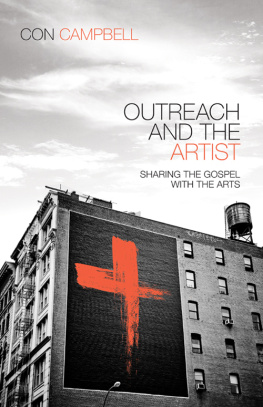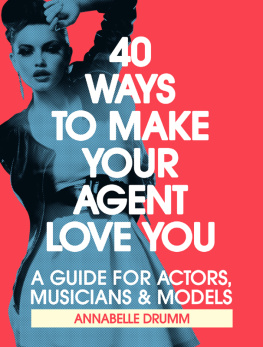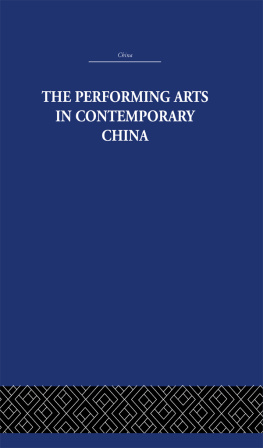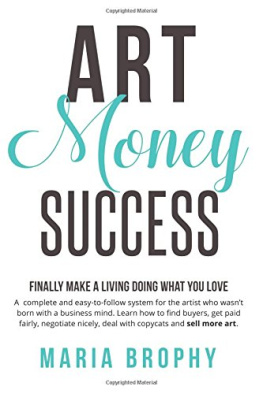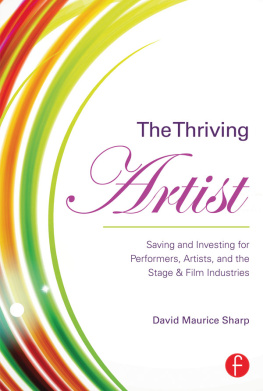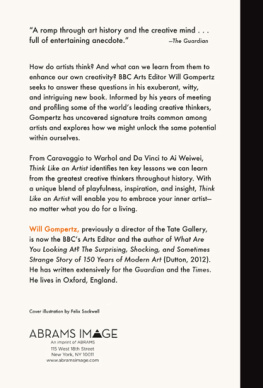Thank you for downloading this AMACOM eBook.
Sign up for our newsletter, AMACOM BookAlert, and receive special offers, access to free samples, and info on the latest new releases from AMACOM, the book publishing division of American Management Association.
To sign up, visit our website: www.amacombooks.org

THE WORLDS YOUR STAGE
THE WORLDS YOUR STAGE
How Performing Artists Can Make a Living
While Still Doing What They Love
WILLIAM F. BAKER | WARREN C. GIBSON EVAN LEATHERWOOD
AMACOM
AMERICAN MANAGEMENT ASSOCIATION
New York Atlanta Brussels Chicago Mexico City San Francisco Shanghai Tokyo Toronto Washington, D.C.
With Gratitude
for Their Ongoing Support
Bernard & Irene Schwartz Foundation
Stephen & Anna-Maria Kellen Foundation
Barbara Slifka
Daniel L.Ritchie
The Robert and Mercedes Eichholz Foundation
James & Frances Berger
CONTENTS
PREFACE
by William F. Baker
WHY WE WROTE THIS BOOK
In my first year of teaching a business course at New Yorks Juilliard School of dance, drama, and music, I asked one of my students, a gifted pianist whom Ill call Alicia, what she would like to do with her life.
All I want to do is play the piano before a respectful audience, she answered.
I believe deeply in Alicias goal, or else I wouldnt have coauthored this book. I also believe, as do my two coauthors, that todays classical performing artists deserve a wide and appreciative audience. But in order for that to be true, I know that Alicia and her peers in music, dance, and theater have to think differently about their work in order to succeed. Just being good at their respective art forms isnt enough. Todays performing artists have to ask a wider range of questions than they are accustomed to asking, and they have to be willing to learn new skills if they want successful careers. These questions and these skills are more commonly associated with business than they are with art.
So in reply I asked Alicia, How about money? How about getting paid to do that? Alicia said she didnt really care about that kind of thing. What about paying the rent? Or paying for food? Is eating something you need to do? I asked.
It was at that moment that it hit home for Alicia. If she wanted piano performance to be her career and not just a hobby, she would have to figure out how to get paid. Even as their art demands their total concentration, sooner or later all serious young performers must pay attention to this unavoidable reality. This has never been more important than in todays world, wherebecause of shifting tastes and a digitizing economyit has become increasingly difficult for the Alicias of the world to establish a financial foundation for their artistic careers.
Recently, 700 dancersall of them excellentshowed up to audition for a single open position at a New York dance company. Those odds are not just daunting but potentially heartbreaking. Dancers have to make it before they turn 35 and their bodies begin to wear out. How many of those 700 will ever get the chance to dance professionally? More important, how many of those 700 will miss their chance because they were waiting for it to come along rather than taking the initiative to make it happen themselves?
I mention all this not to depress you but to remind you that when we talk about the economics of the performing arts, we arent just talking about abstract numbers. We are talking about whether people like you will get a chance to pursue their calling over the course of their lives. In this book, we intend to put every tool we can think of in your hands to enable you to make your performing career a reality.
Musicians and actors have more time to make it professionally than dancers do, but their odds are equally unsettling. Fewer symphonies are hiring, and many of them are struggling just to stay alive. Conservatories in the United States graduate about 150,000 musicians each year, even though symphonies have only about 150 open slots per year. Audiences for classical music are shrinking, and so are recording profits. Competition among even the most gifted performers is more intense than ever.
Meanwhile, acting schools are graduating hundreds of talented actors each year even with very few paying roles available on the stage, on television, and in the movies. And, as with music, live audiences for serious theater are tougher and tougher to find.
So what is a performer in the 21st century to do? In 2009, I was approached by Dr. Joseph Polisi, the president of Juilliard, and Fr. Joseph McShane, the president of New York Citys Fordham University, which boasts its own highly regarded performing arts program. They asked me to create a course to help give their studentswho are among the most gifted in the worldsome guidance to help them kick-start their careers. After many years managing media businesses associated with the fine arts, I expected this to be a relatively easy task. Then I sat down to write the syllabus. I thought, Where do I start? How can a brilliant performer make it against such odds? I really didnt know.
But I got a lot of help from successful friendsthe heads of some of the greatest performing arts institutions in the world, many of them located in New York City itself. They have been generous enough to come speak to my students each year, and you will see some of them profiled later in this book. They are men and women of great achievement who care deeply about keeping the flame of great performance burning. After a few years of teaching the class, I saw some of my former students get traction in their careers, and I invited them to come back and offer my students their insights. They talked about the choices they had made and the pitfalls they had encountered on their way to their first real-world success. You will read about some of them later in this book, too.
Teaching this class has not been easy, and I continue to learn so much from my guest lecturers and my students. I am gratified that I have been able to help my students overcome obstacles and inertia and begin careers that show real promise. The class, Understanding the Profession: The Performing Arts in the 21st Century, has become a real calling for me. It is the arts, I feel, that are the essence of our humanity and that set us apart from all the other living beings on earth. Cardinal Roger Mahoney, a friend and the former archbishop of Los Angeles, once told me that the arts are one of the very best ways he knew to get close to the divine. I would agree. For everyone, I think, including those who dont identify with a particular religious tradition, the arts link us to the most transcendent parts of ourselves.
In writing this book, I am fortunate to have two colleagues who were willing and able to help take this book from vision to reality. Dr. Warren Gibson, my oldest friend, is an engineer, economist, and sometime amateur musician and classical music buff. Warren believes that if any mortal ever had a direct line to God, it was Johann Sebastian Bach. Evan Leatherwood is a former semiprofessional singer, a journalist, and a Slifka Fellow at Fordham Universitys Bernard L. Schwartz Center for Media, Public Policy, and Education. He has sat in on my class for the last few years and is happy to help bring its insights to a wider audience.
This book is our guide to the business aspects of the performing arts today. The subject is complex and nuanced. You wont find any formulas for surefire success here, because no such formulas exist. But we hope you will find a pool of wisdom and useful information that will make you stronger and greatly improve your chances of success. In arming you with insight and new ways of thinking about your career, we will draw from many sources: the psychology of salesmanship, the art of working with others, marketing strategies, a firm belief in the importance of kindness (it means a great deal), and some other basic and not-so-basic business and management concepts.
Next page

